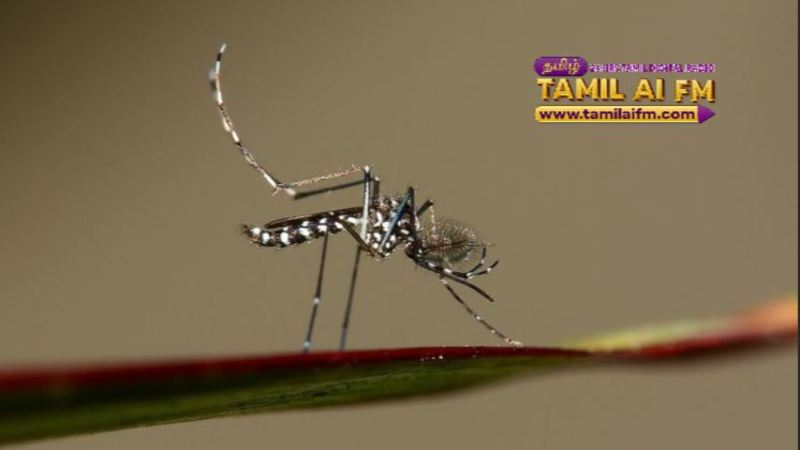SINGAPORE — Singapore is facing an increased risk of chikungunya transmission as the number of reported cases this year more than doubles compared to last year, the country’s Communicable Diseases Agency (CDA) said yesterday.
From January to August 2, 17 chikungunya cases were confirmed, surpassing the eight cases recorded in the same period last year and already exceeding the total 15 cases reported throughout 2024, according to CDA’s weekly infectious disease bulletin, as cited by Singapore-based media organisation CNA.
The presence of Aedes mosquitoes — the primary vector for chikungunya — and travellers carrying the virus are key factors in the potential spread of the disease, the agency explained.
Of the 16 cases reported by the end of July, 13 involved individuals who had recently travelled to regions with chikungunya outbreaks. The remaining three local cases were isolated and showed no epidemiological links.
Despite the rise in cases, the current numbers remain far lower than previous major outbreaks in Singapore.
In 2008, Singapore recorded 718 chikungunya infections, which dropped sharply in subsequent years. Another surge occurred in 2013, with 1,059 cases reported, including 48 imported infections, highlighting the country’s vulnerability to imported mosquito-borne diseases when local Aedes mosquito populations are present.
CDA said it is closely monitoring the situation and will consider additional public health measures if new data indicate an increased risk to Singapore’s population.
Chikungunya, transmitted by infected Aedes mosquitoes, causes symptoms similar to dengue — such as fever, rash, headache, and joint pain.
However, the joint pain associated with chikungunya can persist for weeks or months, leading to significant discomfort and disability, explained Professor Ooi Eng Eong, deputy director of the Emerging Infectious Diseases programme at Duke-NUS Medical School.
“Although chikungunya is not as life-threatening as dengue, it can be very debilitating,” he reportedly said to CNA.


